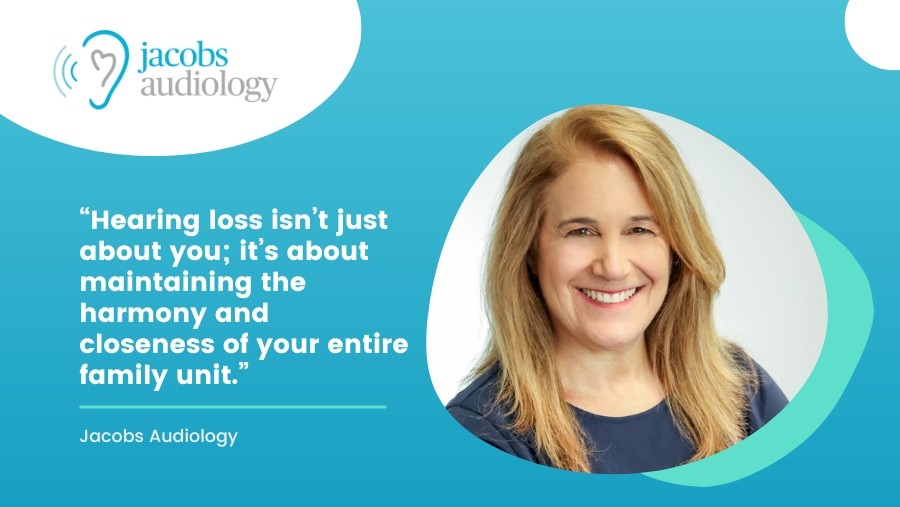What Does a Third-Party Hearing Aid Benefit Actually Mean?

|
Marcie Jacobs, M.A., F-AAA
|
May 19, 2025

Navigating the world of hearing aid benefits can be complex, especially when it comes to understanding third-party payers. Popular third-party payers, such as United Healthcare Hearing, TruHearing, Nation’s Hearing, and Hearing Care Solutions, are marketed heavily, often positioned as beneficial tools to manage hearing aid costs. At first glance, they seem to offer cost-efficient routes to obtain hearing aids. However, these benefits often prioritize reducing costs for insurance providers over ensuring comprehensive savings for you as an individual user. These plans often promise appealing savings, but it's crucial to look beyond the surface to grasp what these benefits truly mean for your hearing health and overall quality of care.
How Third-Party Hearing Aid Payers Work
At their core, third-party hearing aid payers operate more like discount plans rather than direct insurance benefits. Instead of offering a wide range of choices, they tend to channel patients toward specific contracted vendors. While this might sound convenient initially, this structure imposes significant limitations. Your personal choice of audiologist and the flexibility of technology options are often restricted due to these vendor agreements. When your choice of providers is narrowed, it can limit your access to preferred or local audiologists who you may feel more comfortable with, or who could best address your specific needs.
Impact on Your Hearing Aid Selection and Care
As well, third-party plans typically allow for distribution of older or less-advanced models, which can restrict your access to innovative technology necessary for optimal hearing experiences. While these plans might lower your immediate expenses, they can lead to higher cumulative costs due to frequent repairs and ongoing care needs that stem from using outdated or less effective technology. For instance, certain plans, such as those from United Healthcare Hearing, have known limitations in provider selection that inherently compromise the level of care and service you can receive, affecting your overall satisfaction and long-term outcomes.
Considerations for Your Hearing Health
For your satisfaction and hearing health, it’s critical to consider the long-term consequences of enrolling in a third-party payer plan. Reflect on whether the short-term savings outweigh the potential drawbacks: Do limited choices and potentially lower care quality align with your hearing health goals? Consider whether the initial savings justify possible future expenses due to maintenance or the need to upgrade obsolete technology. These questions should guide your evaluation of whether a third-party payer's plan can truly meet your personal hearing healthcare needs. While the allure of saving money is tempting, investing in superior technology and comprehensive care often returns far greater dividends in terms of quality of life and hearing ability. By working with a team of trained professionals who put your needs first, you can rest assured that you’re not only receiving the best technology for your hearing health, but the best care for your peace of mind.
Make an Informed Decision for Your Hearing Health
Make informed decisions by weighing the detailed implications and benefits your plans offer, ensuring they genuinely match your individual needs.
If you find yourself needing more detailed information about insurance coverage options and their impact on your hearing healthcare, reach out for personalized support.
Our team is committed to helping you navigate these concerns to ensure you enjoy the best possible hearing experience.
Contact us today to explore your path to optimal hearing health.




